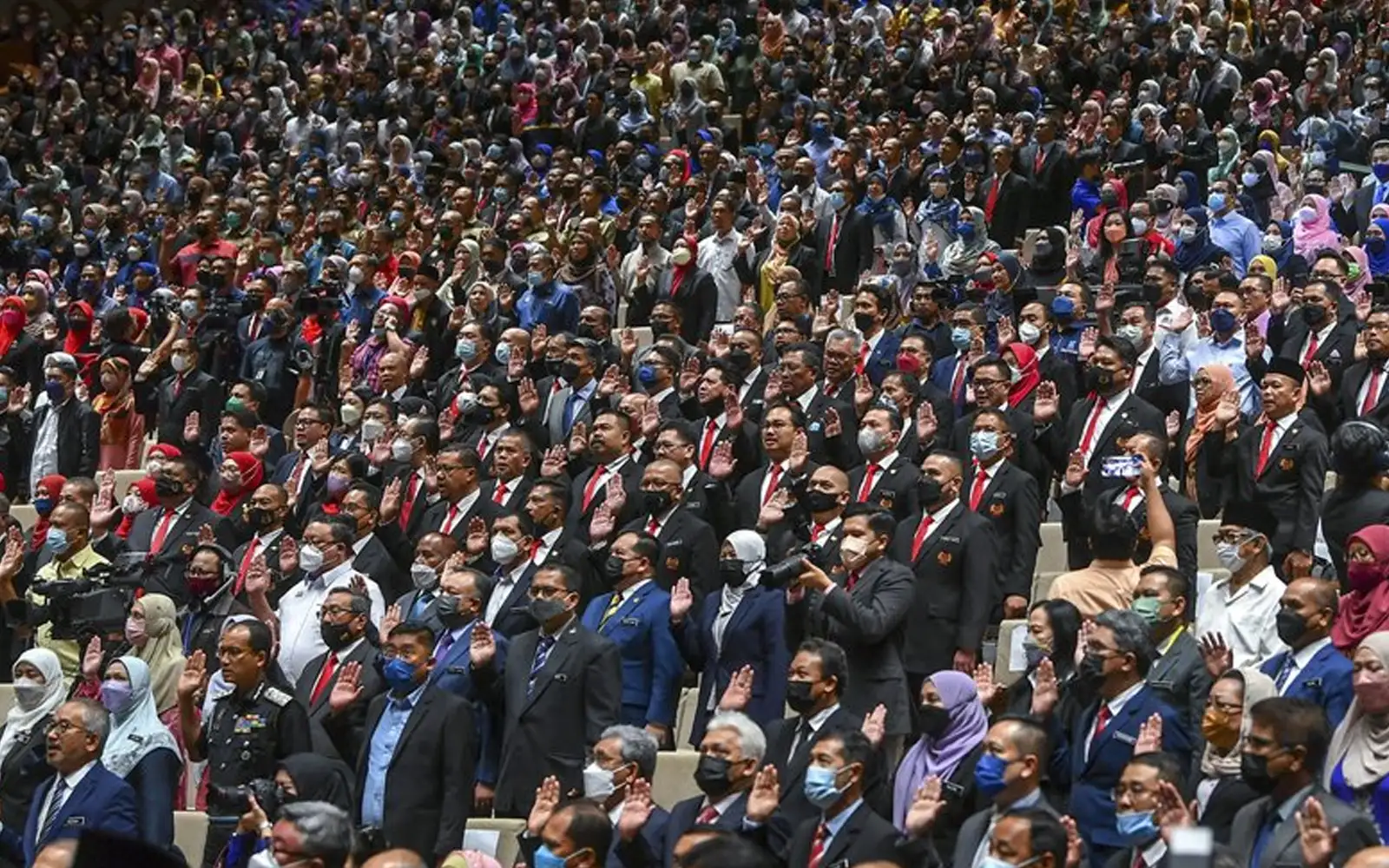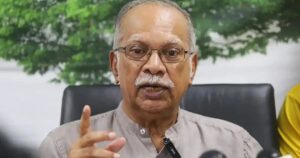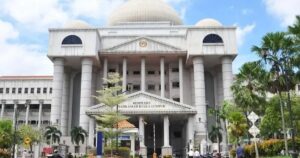
The Attorney-General’s Chambers has backed the chief secretary to the government’s directive prohibiting civil servants from taking part in the upcoming “Turun Anwar” rally, saying there is legal basis for the instruction.
The AGC said civil servants are bound by letters of undertaking Regulation 20(3) of the Public Officers (Appointment, Promotion and Termination of Service) Regulations 2012.
It said the undertakings include complying with all regulations, including the Public Officers (Conduct and Discipline) Regulations 1993, general orders, circulars, and directives issued by the government from time to time.
Both sets of regulations state that civil servants must not behave in any manner that could tarnish or bring disrepute to civil service and not make any public statements that could embarrass or tarnish the reputation of the government.
The AGC said civil servants must at all times remain loyal to the Yang di-Pertuan Agong, the nation, and the government.
“Any failure to comply with the regulations, general orders, circulars, and other instructions issued by the government may result in disciplinary action being taken against civil servants,” it said in a statement.
On Sunday, chief secretary to the government Shamsul Azri Abu Bakar said it was inappropriate for civil servants to take part in the rally “because the action is not in accordance with the principle of loyalty to king and country as espoused by the Rukun Negara”.
However, Lawyers for Liberty director Zaid Malek said that Shamsul’s statement lacked any basis in law and was contrary to the Federal Constitution, which guarantees the right to freedom of expression and the right to peacefully assemble.
He also said criticism, dissent, and protests were part of any democracy.
The AGC said although Articles 10(1)(a) and 10(1)(b) of the Federal Constitution grant every citizen the freedom of speech and expression, as well as the right to assemble peacefully without arms, these rights are not absolute.
“In line with that, any public assembly is also subject to existing laws, including special directives issued by the authorities, such as directives issued by the chief secretary to the government to civil servants,” it said.






